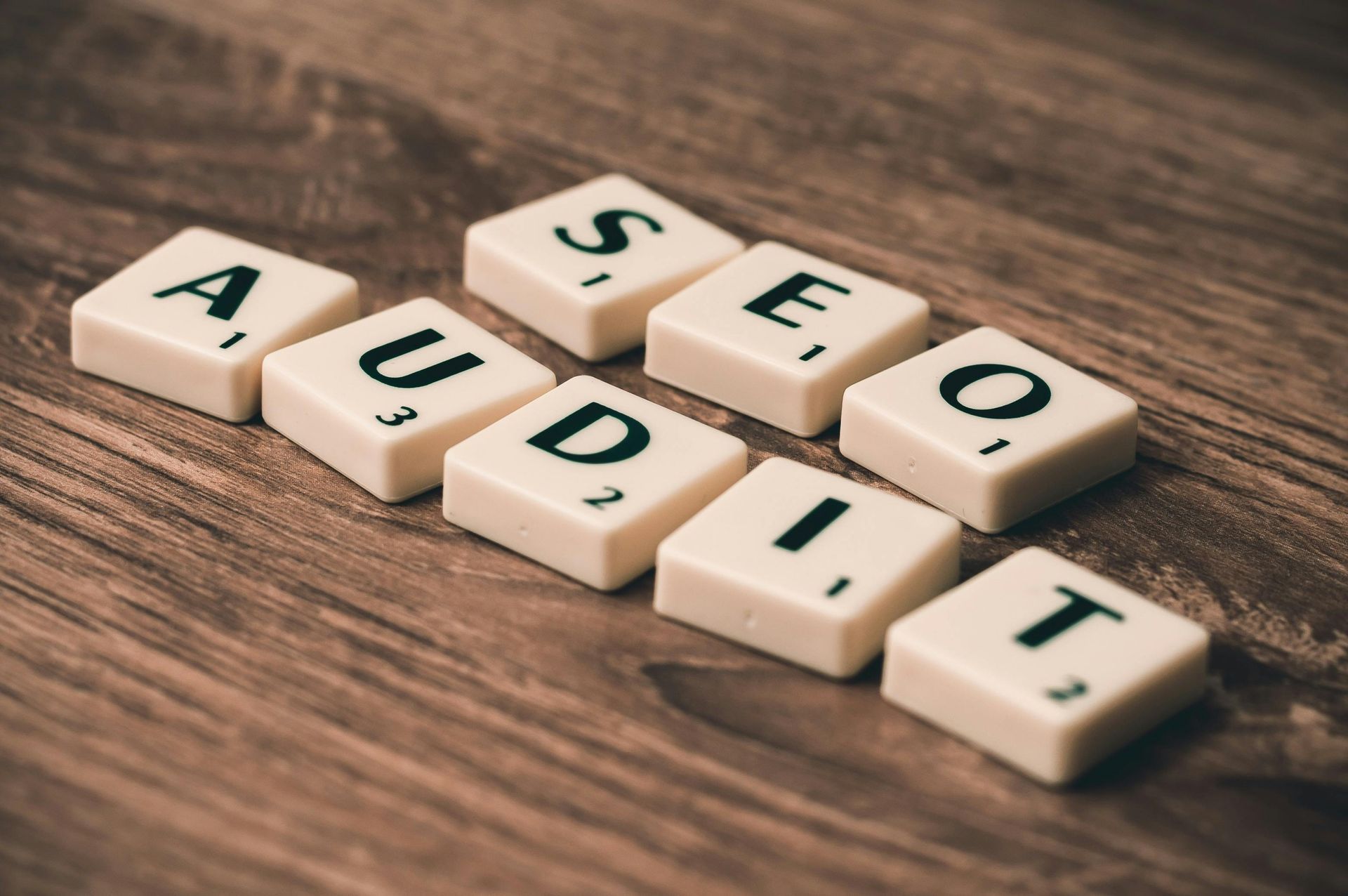Google Ads vs Facebook Ads: Which is better?
We’ve written a lot on this blog about Google Ads and what it can do for your business.
But maybe you prefer Facebook Ads or are curious to try them?

Google Ads
With more than three billion searches a day worldwide, it makes a lot of sense to advertise on Google.
Google Ads is a pay-per-click (PPC) or ‘paid search’ platform, which means that you pay everyone time someone clicks on your ad. Ads are shown to users who are actively searching on Google for something you have to sell eg ‘swimming lessons Gloucestershire’ or ‘garden furniture Cotswolds’. You bid on keywords and the more you bid, the higher your ads will appear on searches. Ads will appear above organic searches.
Google Ads is a really good choice, because it will give you an immediate return on your investment – finding new customers and making sales straightaway.
Facebook Ads
Facebook has 2.27 billion active monthly users and is still the biggest social media site. Facebook Ads is ‘paid social’ advertising, and spend on Facebook Ads accounts for 25% of all online ad spend.
Facebook Ads will help you find new customers who are interested to find out more about what your business has to offer, but are unlikely to buy straightaway.
While Facebook doesn’t show people ads for things they are actively searching for, it does understand its users very well, because it collects a lot of data. Taking into account things like the pages a person engages with, their date of birth, their location and their friends, it will show users ads for things they will almost certainly be interested in.
Facebooks Ads provides a wide range of targeting options based on demographics and behaviour. For it to work for your business, you have to really understand your target customer – by creating a ‘lookalike audience’ which replicates your current or ideal customers to create an audience to target with your ads.
Facebook Ads is incredibly affordable, particularly when targeting a local area, so it is cost-effective for small businesses like coffee shops, hair salons and convenience stores.
What is the difference?
The main difference between Google Ads and Facebook Ads is how products are shown to potential customers. In effect, Google Ads helps you find new customers, while Facebook helps new customers find you.
While Google shows relevant ads to people who are searching for a product or service, Facebook shows them to people based on their interests. Google Ads are focused on visitors clicking a link and making a purchase, while Facebook Ads are more about building up brand awareness.
In terms of appearance, Google Ads on the search network are largely text based, whereas Facebook Ads are far more visual, making the most of striking images which fit seamlessly into a user’s news feed.
Although they are in competition for your advertising budget, they work in different ways and can complement each other very well when used together – to give you maximum visibility, build brand awareness and loyalty, and increase sales.
Which is better?
For a business owner, particularly a small business owner, the answer to the question of whether Google Ads or Facebook Ads is better is going to be the one which generates the most profit.
Facebook Ads are popular with small business owners, as they give them the opportunity to pinpoint their target customers and only advertise to people who are likely to purchase their product or service.
But for most businesses, we have found that Google Ads is the best option. If you are a new business looking to make sales right now, Google Ads will give you a better return on your investment. The cost is usually a bit higher, but your ads are shown to people who are actively searching for what you have to sell. And if you target them effectively, in terms of both the type of person and the geographical area you are trying to reach, they can prove to be very cost effective.
While for us, Google Ads just has the edge as the ‘better’ form of advertising, it isn’t always quite as straightforward as that. The right answer depends on what you have to sell, what you hope to achieve from your advertising and the audience you are trying to reach. Consider the total value your advertising can bring to your business – in both sales and building brand awareness.
Word of mouth is really essential to business growth and nothing does this better than Facebook. The ROI for Facebook Ads may be harder to quantify than with Google, as it generates less specific sales, but by creating brand awareness and building a community of fans and likeminded people, it will lead to sales further down the line.
If you have the budget for it, Facebook Ads should definitely have a place in your marketing. It will give you a better understanding of your target audience’s social behaviours and allow you to grow a social community around your company.
If you can afford it, the best answer for your business could be to use both forms of advertising, so you are covering all bases, in terms of sales and brand awareness. Studies have shown that Facebook Ads lead to a significant immediate growth in branded Google searches, almost as soon as a user has seen an ad. So using them together really will give you the best of both worlds.
More Posts.








